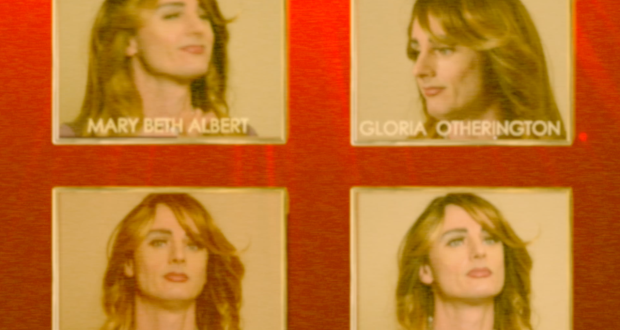Pros: Opportunity to give your feedback to the performers. Excellent venue, emotive compositions and thought-provoking performances. A great event if you want to immerse yourself in new operatic compositions and provide feedback for new work.
Cons: Some of the music and lyric combinations were a little foggy to the uninitiated.
Summary
rating
Good
If, like me, you find the idea of ‘Opera’ slightly daunting, then Rough For Opera at The Cockpit Theatre is an evening you won’t regret. The event presented three works in progress by contemporary opera practitioners. There was a Q&A session at the end of each performance, led by Professor Paul Barker of Royal Central School of Speech and Drama. This allowed the audience to voice their opinions, thoughts and feelings to the performers and directors. It also gave us viewers a brief feeling of how it would feel to be a part of their production team. The Cockpit theatre is small, intimate and the perfect location to host an audience-production-performer collaboration evening.
The production was split into three separate performances. The first was Death of Kodak composed by Ed Baxter and performed by Resonance Radio Orchestra. The music was eerie yet beautiful and sent shivers up my spine. The delicate and haunting vocals were slightly disjointed from the music. For this reason, at times I found difficult to stay engaged with both. Yet, during the Q&A, it became clear that many found that the best part of it. The performance was staged in near pitch-black, with the flash of a camera breaking up the darkness. I was amazed to learn that the musicians were playing the images left on their retina once the flash had gone off. This was incredible to learn as each individual instrument worked so well together.
The second performance was James Cave and Joshua Casteel’s Returns, directed by David Gothard. Again in this production, I found that the music and the vocals didn’t always match. Saying this, I thought the vocals alone were beautiful and, if standing alone or accompanied with a simpler piece of music, would have been truly fascinating to listen to. The imagery that came out of this composition was stunning. The light-hearted and upbeat sound it began with took me back to my childhood. The instruments bounced off each other as though they were in their own conversation. However, I was shocked to discover the dark and sinister context of this performance at the Q&A, as it wasn’t at all how I had initially perceived the piece. In this respect, the Q&A session showed how sometimes, the message intended by the authors can be quite different from what the audience take away.
The final performance of the evening was Helen Noir’s Acceptance Speech. This was an interesting interpretation of the absurdities and conventions at awards ceremonies. For me, this performance was the most aesthetically pleasing and the easiest to watch and listen to. It was the only performance that left questions answered, but for which I did not want or need a resolution. This performance was the least operatic of them all: the conventions you would put with an opera were stripped away in this piece. Technically, using a loop for the vocals, wonderfully taken on by Helen herself, was a fantastic and engaging way to listen to a voice rather than an instrument. The glamorous performances, especially from La JohnJoseph, were enjoyable and thoroughly entertaining. An excellent way to complete the evening!
No matter your background or how you perceived opera before walking into that theatre, you could find at least an aspect from this event to enjoy. There was truly something for everyone, especially for the performers who were able to get feedback on their works in progress.
The Death of Kodak
Music: Resonance Radio Orchestra
Librettist: Ed Baxter
Director: Ed Baxter
Returns
Composer: James Cave
Librettist: Joshua Casteel
Director: David Gothard
Acceptance Speech
Composer: Helen Noir
Producer: Second Movement
Booking Until: 3rd November, 2015 Only
Box Office: 020 7258 2925
Booking Link: http://www.thecockpit.org.uk/
 Everything Theatre Reviews, interviews and news for theatre lovers, London and beyond
Everything Theatre Reviews, interviews and news for theatre lovers, London and beyond



